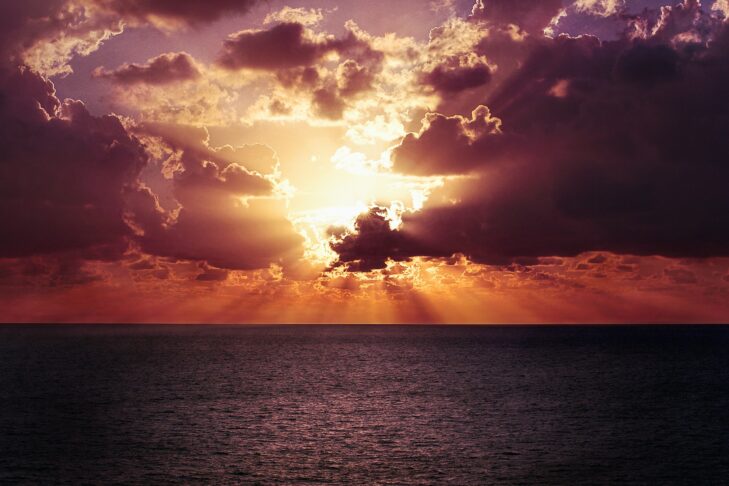September has been a busy month for Jewish holidays this year. I’ve heard it said that Rosh Hashanah and Yom Kippur are the Super Bowl of the Jewish calendar. It is the big event of the year when synagogues typically have the most attendees. There is a lot of attention on the rabbi’s sermon, and, let’s be honest, on how many pages are left in the machzor since most folks aren’t accustomed to so many hours in shul focusing on such serious themes.
About a week ago, I was talking with my sister and she mentioned something really interesting she had heard. A rabbi was talking about the Ten Days of Awe (the time between Rosh Hashanah and Yom Kippur). Tradition teaches that this is a period slated for an accounting of oneself, one’s relationships with others and one’s connection to God. The rabbi taught that while this focus is important and necessary from Rosh Hashanah to Yom Kippur, actually what is most important is how people reflect, commit themselves and behave between Yom Kippur and Rosh Hashanah. This is such a simple idea, and yet it kept me thinking for a few days. During the period between Rosh Hashanah and Yom Kippur, there is an expectation that people will be honest with themselves about their actions, beliefs and attitudes. This is an intention we should have every day, not just during the Jewish calendar Super Bowl. Whatever goals we set and changes we hope for during those 10 days need to be sustainable throughout the year.
What could you commit to from now until next Yom Kippur? What will make you feel more fulfilled or bring you more joy or spiritual connection? Is it lighting Shabbat candles, blessing your children, eating in a sukkah this week? How can your family be more connected? Maybe you can commit to reading a story every night before bedtime, or establishing a family game night. How can you make your community stronger? Can you volunteer once a month with local organizations? How can you make our earth a healthier place to live? Can you walk instead of drive when doing an errand or going to school (International Walk to School day is Oct. 6), or could you start to compost at home? We all have these possibilities inside of us; we just need to set an intention for each day and be patient with ourselves as we embrace both internal and external changes. Rabbi Joseph Soloveitchik, a famous and influential Orthodox rabbi who spent many years of his life in Boston, said, “To be a Jew is to be creative, and our greatest creation is our self.” Working on ourselves, we can create a better world.
At EHS, even our youngest students learn they can be their best selves through a growth mindset. We teach our children that each day is a new beginning filled with possibility. We give them opportunities to explore, to problem find, to problem solve and to create. We provide experiences that will stretch them and support them. There will be days when they stumble and things don’t come easily, but how they respond to challenges and discomfort is a key to success in life. This is the true meaning of resilience and the shaping of who they will become. At EHS, we foster this growth and inner strength so our students develop confidence; they will be lifelong learners, creative thinkers and leaders who will strive to make their community a better place.
I hope you will take this journey alongside them and be open about your own growth, creativity and intentions. Set some new goals for yourself and your family, and let’s all do our part to make the time between Yom Kippur and Rosh Hashanah count in the year 5782.
This post has been contributed by a third party. The opinions, facts and any media content are presented solely by the author, and JewishBoston assumes no responsibility for them. Want to add your voice to the conversation? Publish your own post here. MORE



